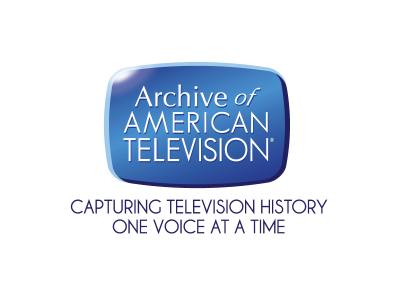The Archive celebrates the 100-year anniversary of Sheldon Leonard's birth today. Sheldon Leonard (1907-97) was one of the first people interviewed when the Archive of American Television began its pilot project in 1996.
 Noriyuke "Pat" Morita's interview is now online. Best known on television for his role of "Arnold" on Happy Days, this interview provides a fascinating account of his life and career. Click here to access all 7 segments.
Noriyuke "Pat" Morita's interview is now online. Best known on television for his role of "Arnold" on Happy Days, this interview provides a fascinating account of his life and career. Click here to access all 7 segments.












